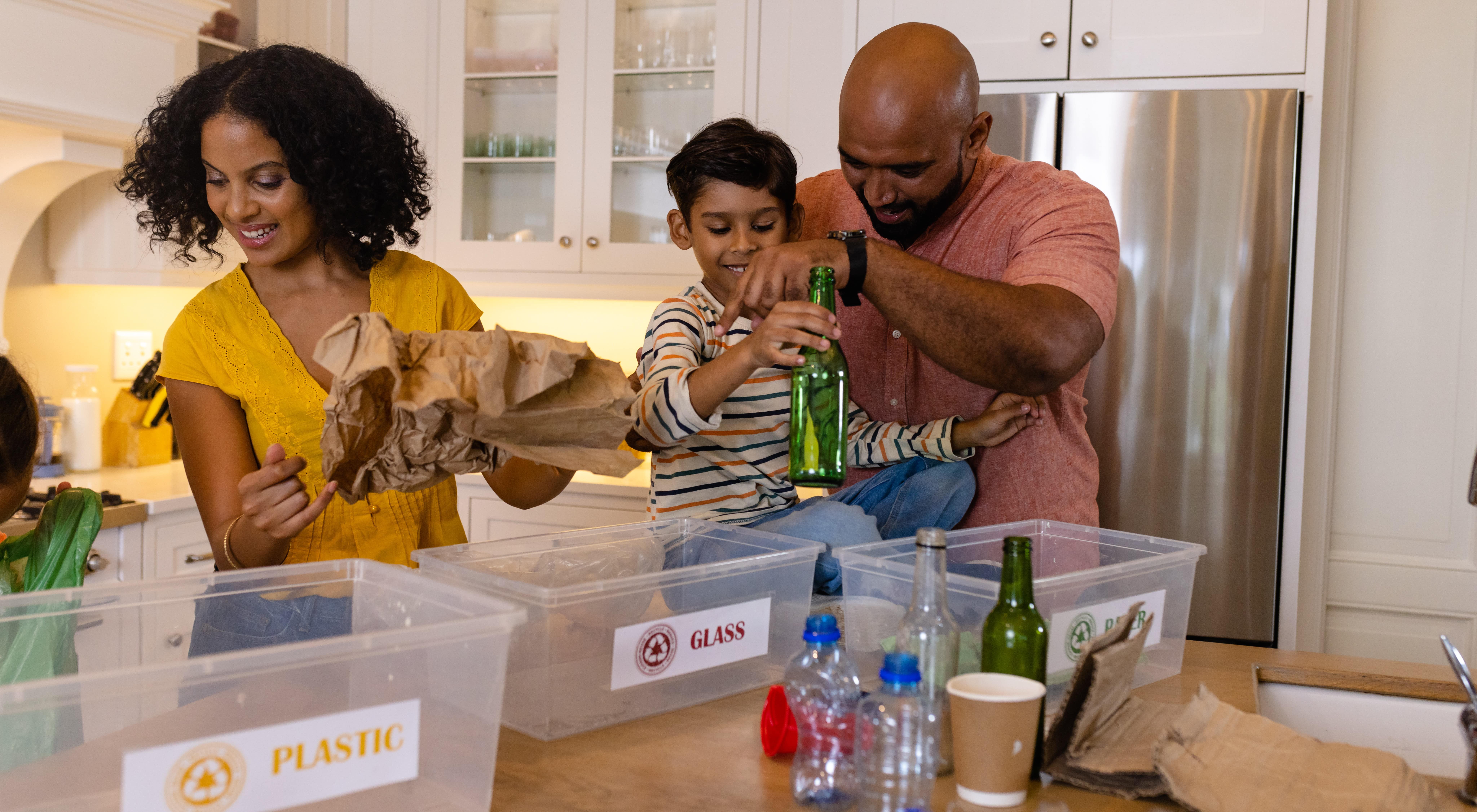Encourage independence in preschoolers with simple tips like small choices, self-help skills, chores, routines, and patience to build confidence and responsibility.
Preschool years are a time of incredible growth. Children are learning not only language and social skills, but also how to become more independent. Encouraging independence at this stage does not mean expecting them to do everything on their own. Instead, it means giving them opportunities to try, practice, and succeed with your guidance. Here are some simple ways families can foster independence in young children.
1. Give Them Small Choices
Offering children age-appropriate choices builds confidence and decision-making skills. For example, let your preschooler choose between two outfits, decide whether to have apple slices or banana with lunch, or pick a bedtime story. Simple options empower them without being overwhelming.
2. Encourage Simple Household Chores
Chores are a great way to teach your child basic life skills and encourage independence. Simple activities like cleaning up after themselves when they play build a foundation for skills they will need in kindergarten. Encourage them by asking where and how they think different things should be put away. Check out our blog on age appropriate chores for your little one if you are looking for more ways to get them involved around the house and build independence through chores!
3. Encourage Self-Help Skills
Allow your child to take part in daily routines. Preschoolers can put on their shoes, wash their hands, tidy up toys, or help set the table. These tasks may take longer at first, but practicing them teaches responsibility and self-reliance.
Tip: Choose easy-on, easy-off clothes like elastic waist pants, velcro shoes, or simple jackets!
4. Create Kid-Accessible Space
Set up your home so your toddler can reach and use the things they need without constant adult help. Keep toys in low bins, hang hooks at their height for jackets and bags, and store everyday items like clothes or books where they can access them easily. When children can get dressed on their own, put toys away, or choose a book without asking for assistance, they gain a sense of independence and responsibility. A well-arranged environment not only reduces frustration but also encourages them to take initiative and care for their belongings.
5. Be Patient With Mistakes
Learning independence involves trial and error. Spilled juice or a backward shirt is part of the process. Instead of correcting immediately, give your child a chance to notice and problem-solve. Celebrate their effort rather than expecting perfection. Ask questions like “what could we do differently next time?” to encourage critical thinking and problem solving skills.
6. Use Encouraging Language
Positive words motivate children to keep trying. Instead of saying, “You didn’t do it right,” try, “I love how hard you worked on that” or “You put your shoes on all by yourself.” Acknowledging effort rather than outcome encourages persistence.
7. Build Consistent Routines
Consistent routines give toddlers a sense of security and help them understand what to expect throughout the day. Establish simple daily rhythms like a morning routine that includes brushing teeth, getting dressed, and eating breakfast, or an evening routine with bath time, story time, and lights out. Routines teach toddlers about responsibility. For example, always putting toys away before dinner helps them connect daily structure with their role in it. Over time, predictable patterns become habits, making children more independent in managing themselves and their tasks.
8. Model Independence Yourself
Children learn by watching. When you calmly handle tasks, solve problems, or try new things, you show them what independence looks like. Narrating your process, such as “I spilled water, but I can wipe it up,” helps them connect actions with solutions.
9. Practice Self-Feeding
Give your toddler the chance to eat with child-sized spoons, forks, and cups, even if it gets messy. They may spill at first, but each attempt improves hand-eye coordination and builds confidence. Letting them pour water from a small pitcher into their own cup gives them ownership at mealtimes.
10. Involve Them in Errands
Bring your toddler into real-world tasks, such as carrying a small grocery list, placing an item in the shopping cart, or handing money to a cashier. Involvement in errands teaches them that they are contributing family members and fosters independence for more complex tasks in the future.
Encouraging independence in preschoolers takes patience, consistency, and trust. By giving them opportunities to try new things, make choices, and contribute to daily life, you set the foundation for confidence and self-reliance. Remember, independence does not mean doing everything alone, but building the skills to grow into capable and responsible individuals.
Stay in the know and check us out on social media! Follow BrightPath on Facebook and Instagram for a variety of fun activities and daily inspiration.







